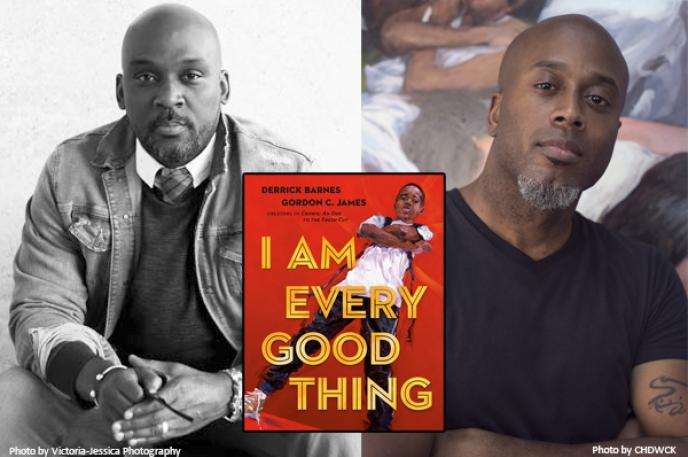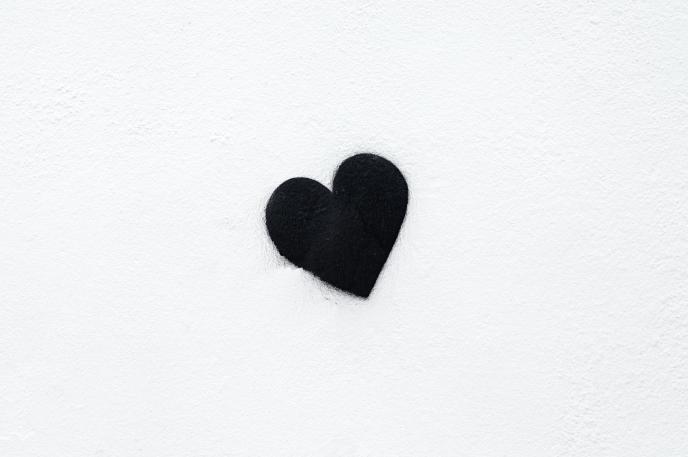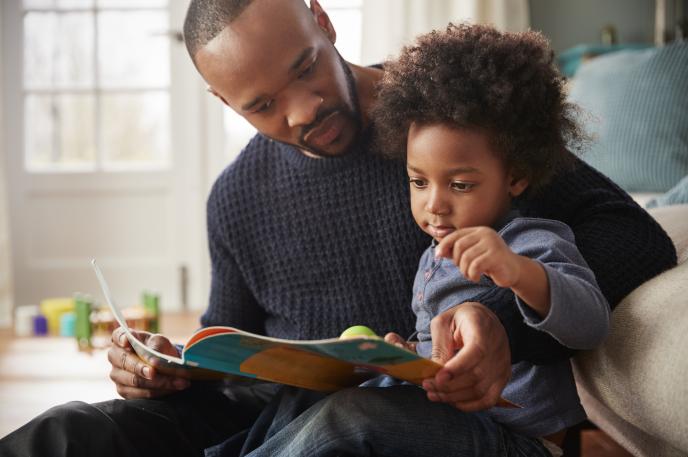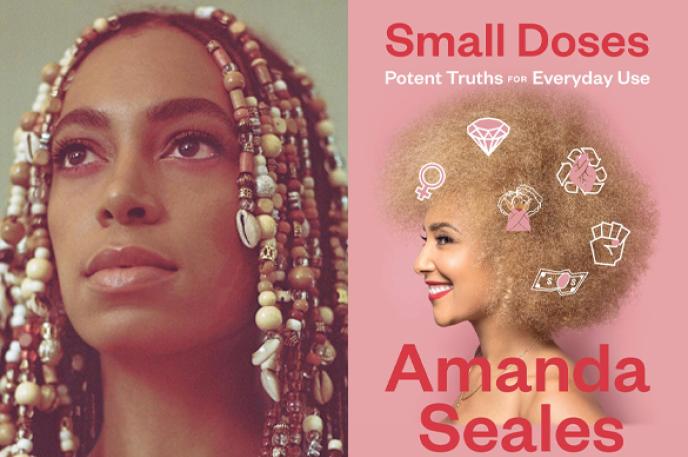
Word to Solange and Amanda Seales
January 28, 2021
This blog was written as part of Charlotte Mecklenburg Library's Black Lives Matter program initiative. Learn more about the program and corresponding events here.
I often find myself relating my feelings with music as it seems to express my sentiments exactly when my own words fail me. Other times, I'll read a sentence confirming, once again, I'm not alone in the ongoing negative sequences specifically related to Black folks. Solange’s album A Seat at the Table, and Amanda Seales’ book Small Doses made me feel seen and heard as a Black woman. While it's been four years since the release of Solange's most notable album and one year since Amanda Seales' debut book release, the need for acknowledgment by other Black women is still ever-present. Solange’s album and Amanda Seales’ book gave me a presence as a Black woman. My words no longer fail me, and hopefully, others will feel seen and heard as well. Below, you will find lyrics and thoughts from Solange Knowles and Amanda Seales accompanied by my interpretation of their work.
“Word,” a shortened phrase from "Word is bond," is used in a sentence as a question, comment or statement. It means "truth" or "I speak truth."
Ex:
"Word is bond, I checked out 99 books yesterday."
"Word? 99 books. Say, word."
"Word."
Word to Solange and Amanda Seales
"Don't touch my soul/ When it's the rhythm I know."-- Solange
Having to move through life always on the defense, while our white colleagues whimsically live life on the offense, inserting themselves in conversations instead of listening, and claiming allyship with bare minimum effort while audaciously high expectations of reward and recognition. Knowing your smile isn't owed to anyone but expected to soften the blow of truth because fragile feelings take precedence. This is the price you pay when you're Black and work in corporate America.
"When they go low, we keep the same energy."-- Amanda Seales
This is the thought process of every person of color when dealing with colleagues — or any person who checks the "white" box on survey sheets — who meets them with microaggressions, racial complicity or bias. Unfortunately (and fortunately for others), our way of action is often, if not always, a watered-down version of the reflection. We must always remain professional and calm in the face of clear wrongdoings because our tone, body language and facial expressions are heavily considered before our words. Even still, when armed with facts and professionalism, your chances of being called into Human Resources are often too great. To anyone who's lived life at the center of everyone else's world, accountability will always feel like an attack.
"Don't test my mouth/ they say the truth is my sound." -- Solange
2020 called out and urged organizations to state their position in the movement of racial injustice and inequity. Across industries, companies have filled their leadership boards of vital decision-makers. Where diversity lacked, there was an acknowledgment and pledge to diversify. While leadership roles are important, it's the critical roles of decision making that are important to have filled by people of color — especially if your organization magnifies its efforts with equity and diversity training across departments. Yet still, it doesn't reflect its diversity speech in administration roles.
The promises of tomorrow with what can be done today gives little hope to those who believe in the companies they work for. It gives, "We want your opinions, but we'll box them up and store them in the basement for never later" vibes.
"Don't touch my crown/ they say the vision I've found."-- Solange
There was an unmasking and undoing taking place when we clocked out of work for the evening. Now, more than ever, in the face of racism and racial inequity, we remain undone and unmasked, showing our true selves without apology. Taking up space and creating tables to fit our needs. Our dreams, desires and needs are no longer deferred but made into reality on our own accord.
P.S. "I'm not hostile, I'm passionate." -- Amanda Seale
--
This blog post was written by Tiffany Grantham, a senior library assistant at West Boulevard Library.

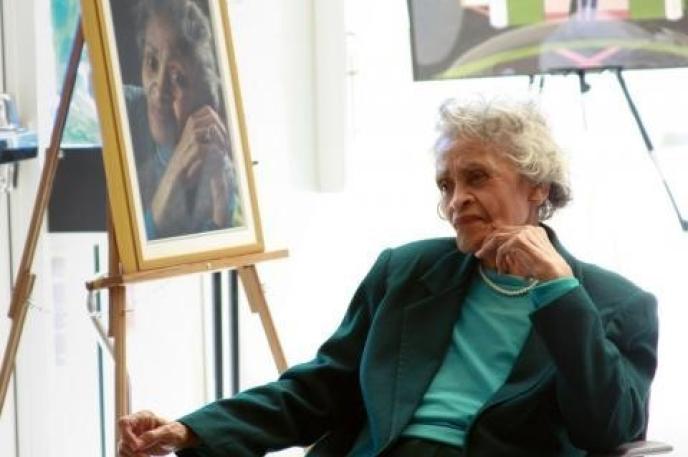
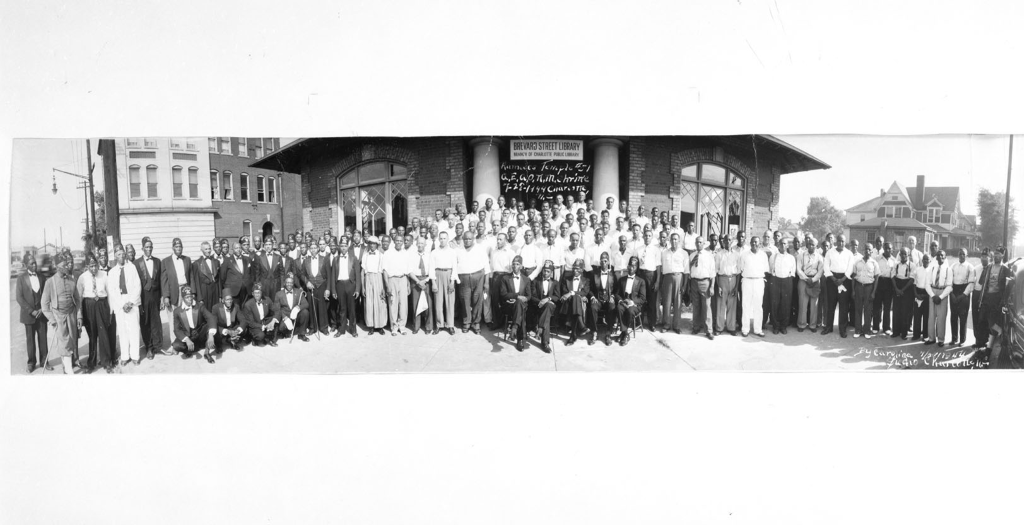
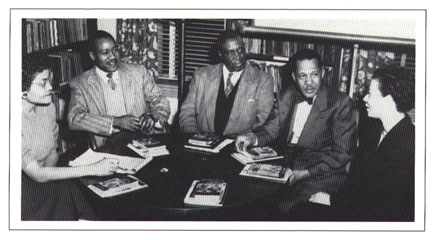
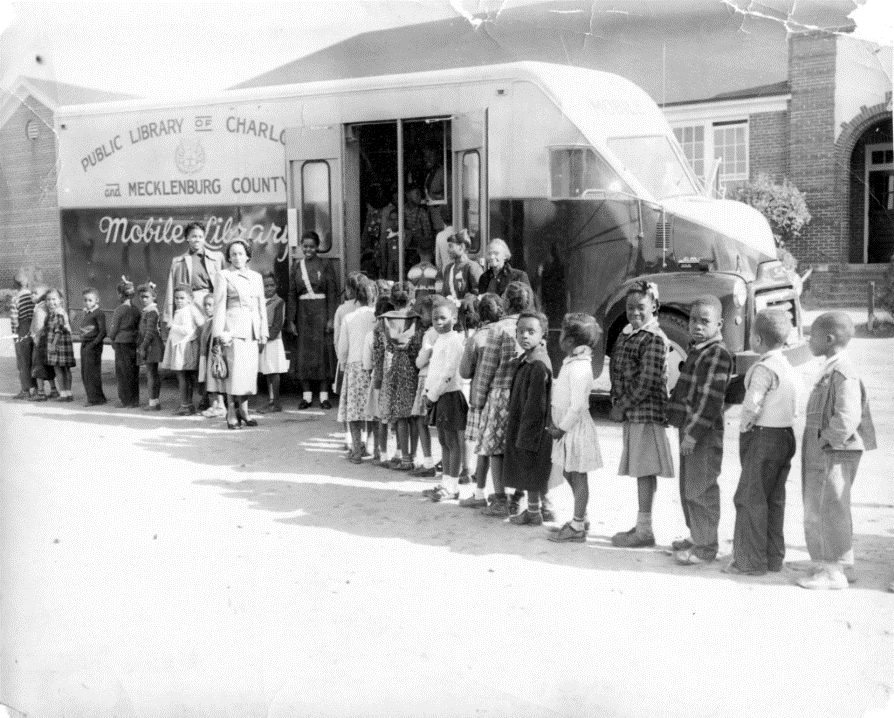

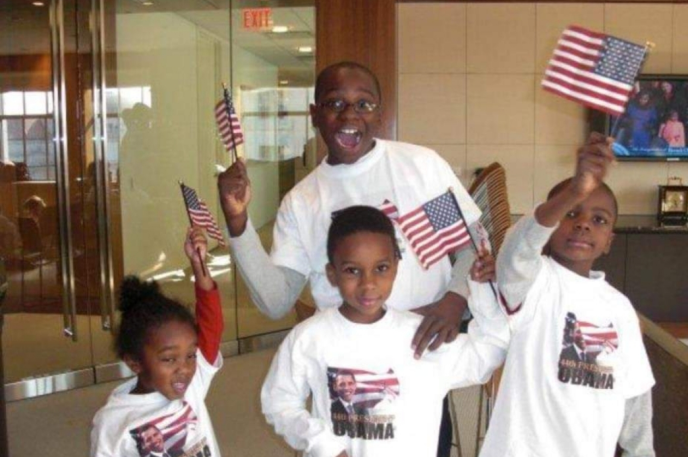

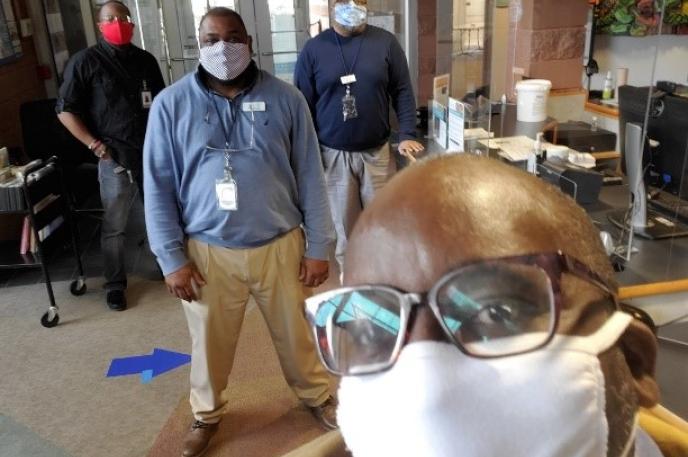
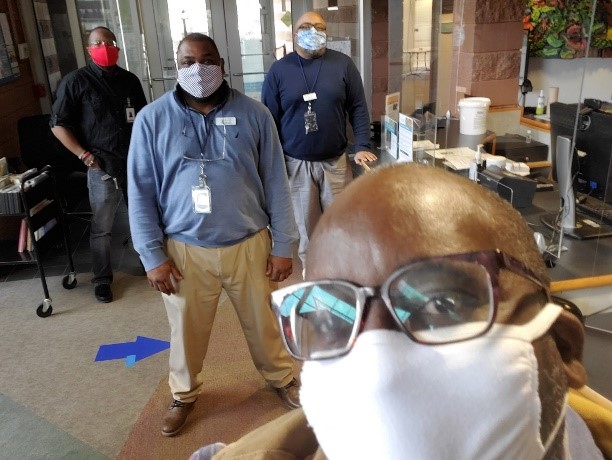
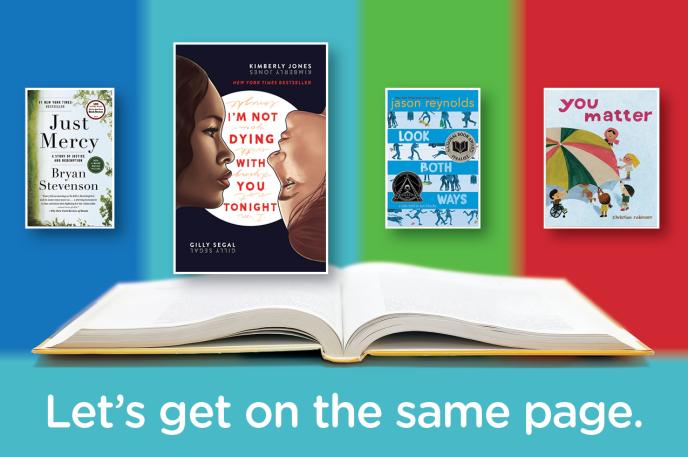
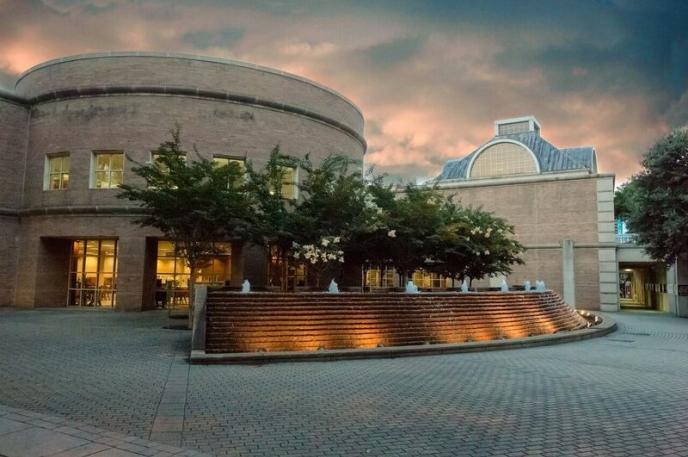
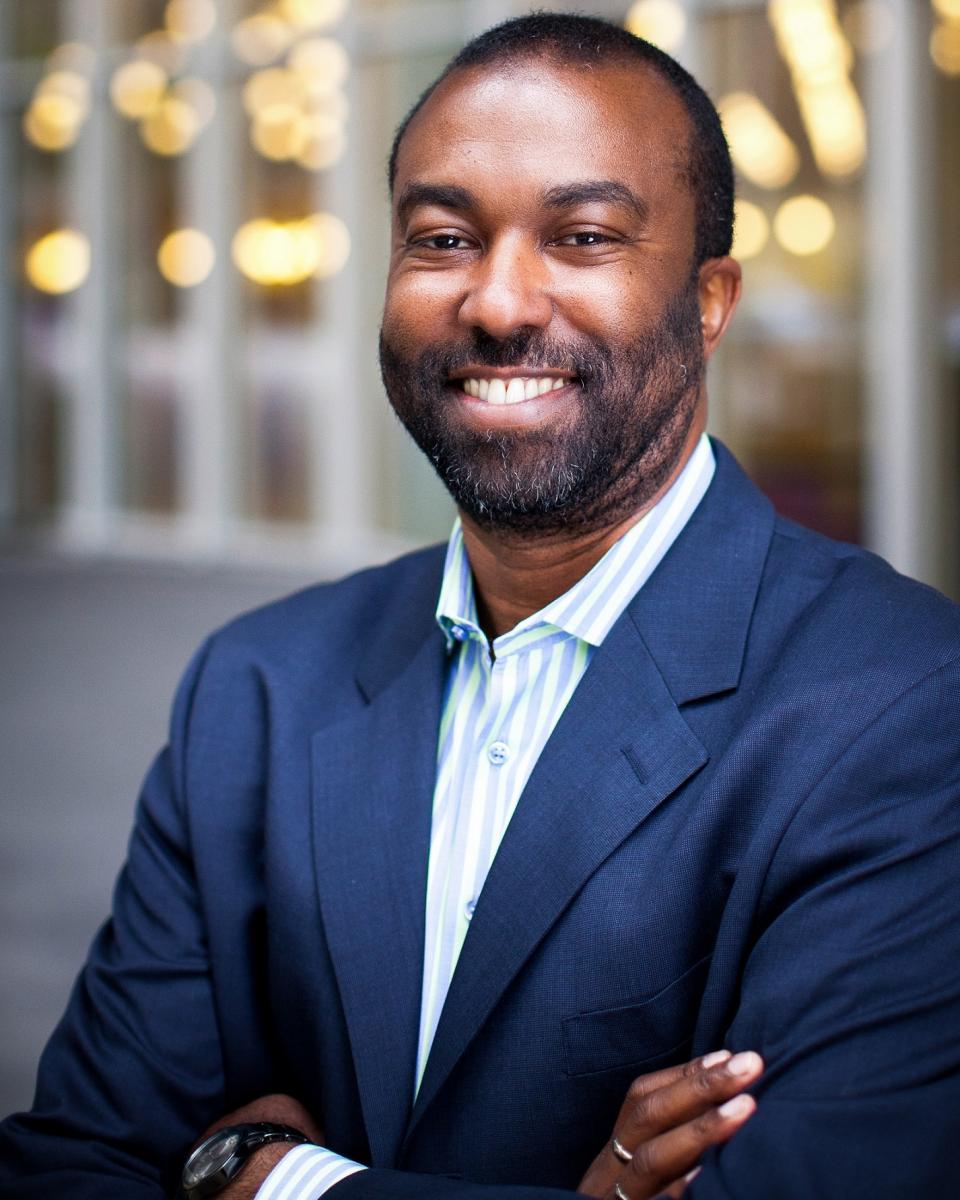 Turner’s three decades of experience includes 10 years at SPL, where he led and managed a system of 27 libraries, including the world-renowned and iconic Central Library, a staff of 679 and more than 500 volunteers. He brings comprehensive experience at every level of system, program and community engagement management of public libraries. Turner is also a highly regarded speaker and guest lecturer, sharing his views and vision on the future of libraries at local, state, national and international library conferences and universities. Turner earned his master’s degree in library science from the University of Tennessee and a bachelor’s degree from Mississippi University for Women.
Turner’s three decades of experience includes 10 years at SPL, where he led and managed a system of 27 libraries, including the world-renowned and iconic Central Library, a staff of 679 and more than 500 volunteers. He brings comprehensive experience at every level of system, program and community engagement management of public libraries. Turner is also a highly regarded speaker and guest lecturer, sharing his views and vision on the future of libraries at local, state, national and international library conferences and universities. Turner earned his master’s degree in library science from the University of Tennessee and a bachelor’s degree from Mississippi University for Women. 